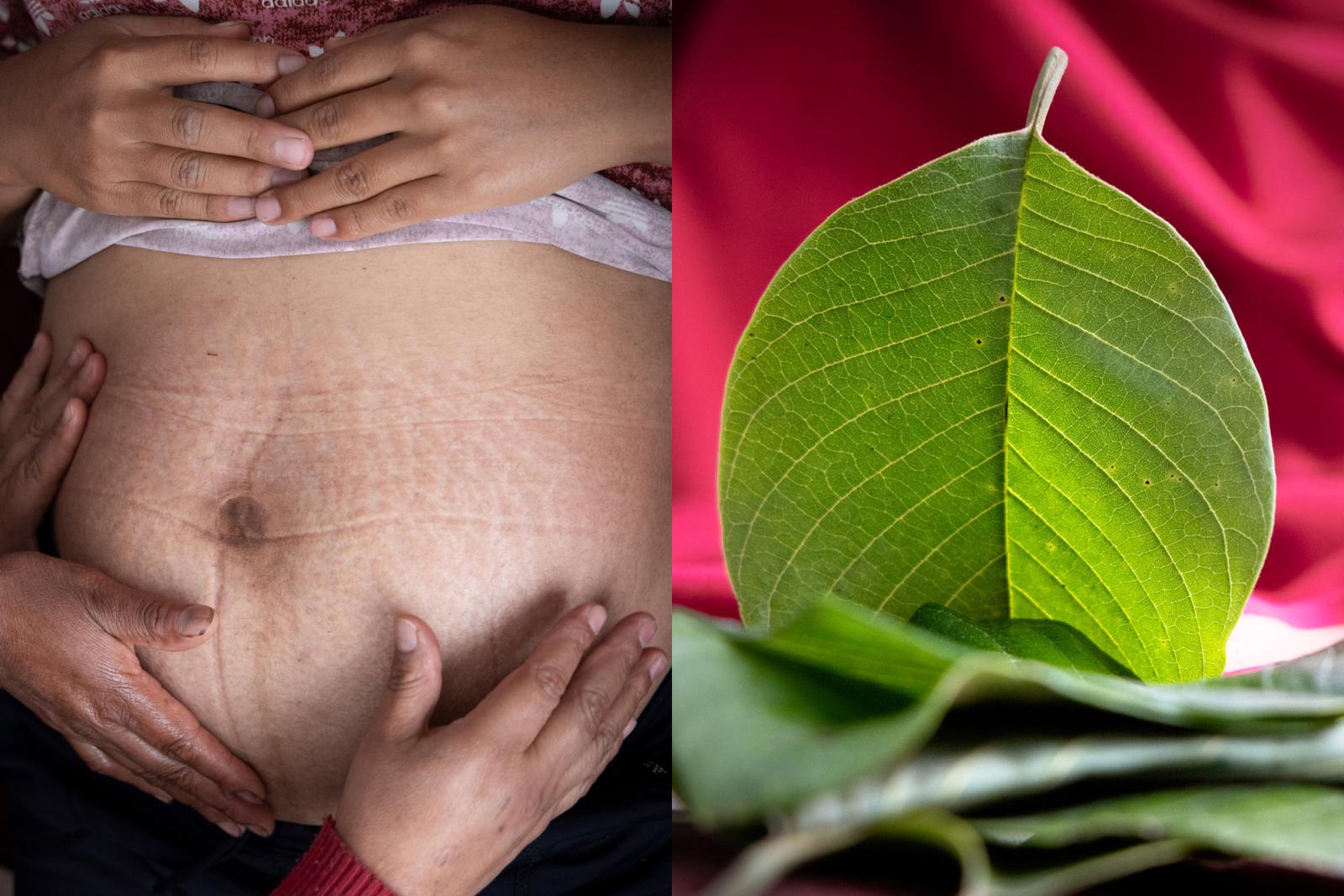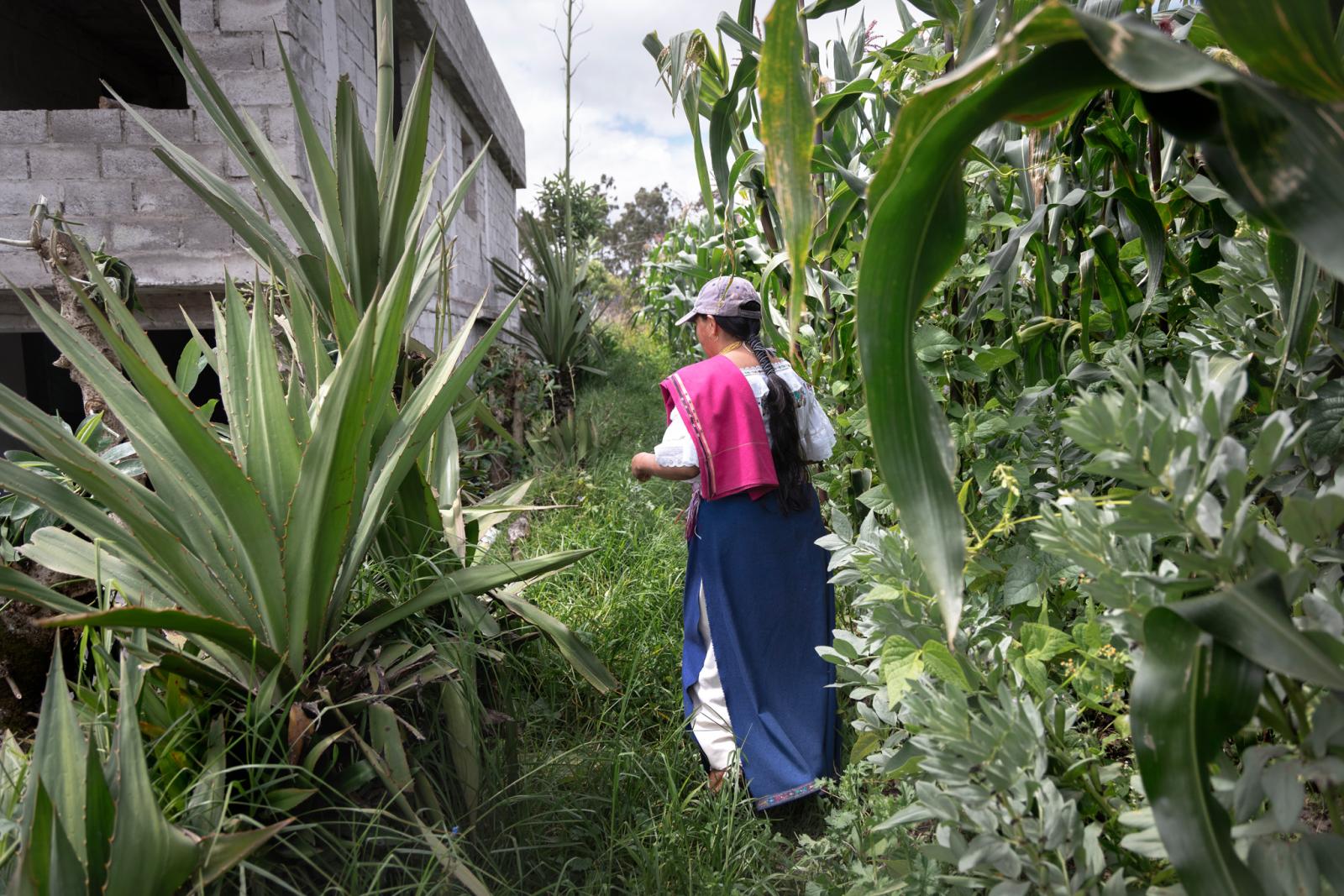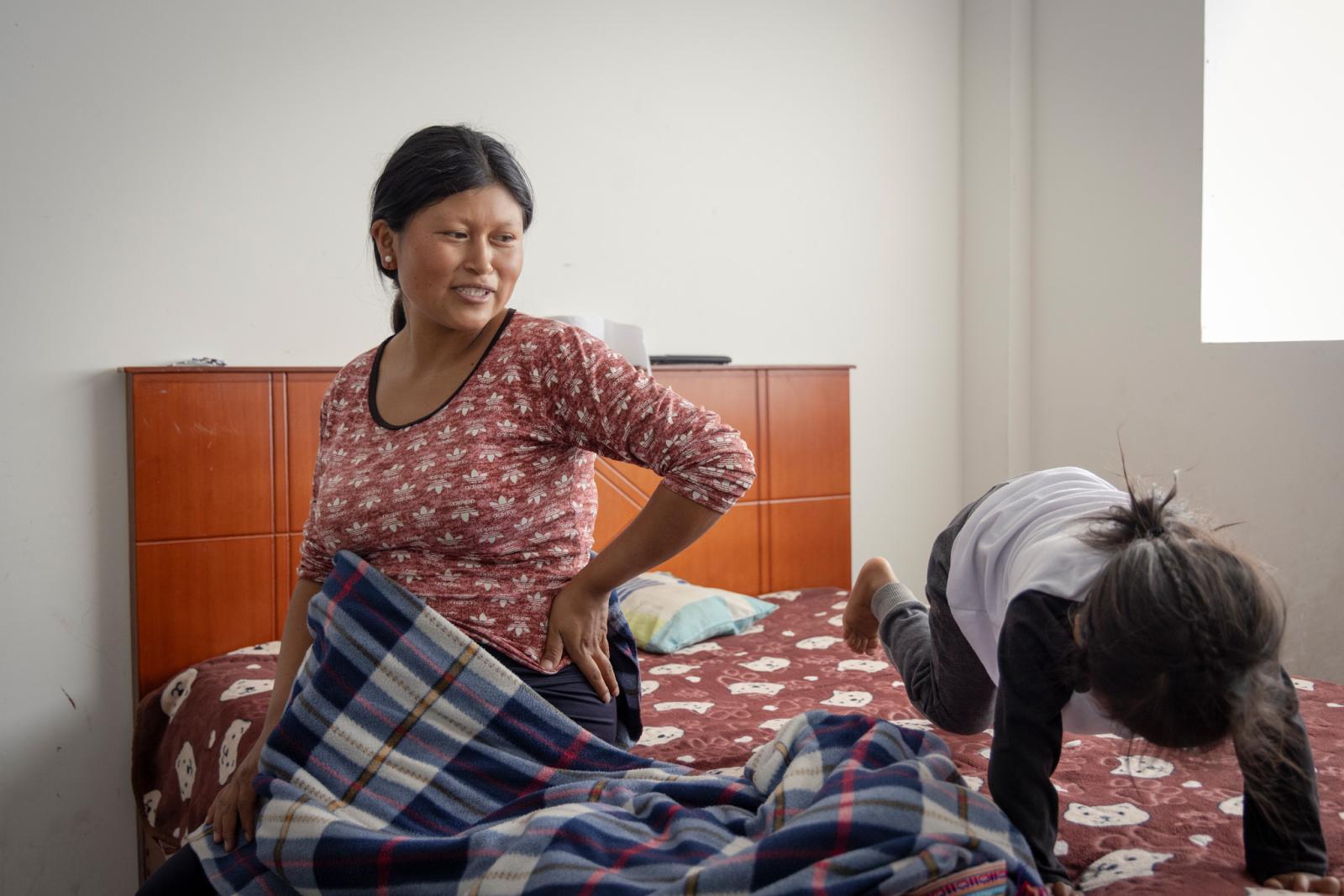Public Project
El linaje de ser parteras para salvar las vidas de las mujeres indígenas y rurales / EL PAÍS
Summary
En Ecuador, hay 1913 parteras y parteros ancestrales que atienden a las embarazadas en comunidades rurales, donde el acceso a los servicios de salud representa un desafío.
ENG
In Ecuador, there are 1913 ancestral midwives and birth attendants who care for pregnant women in rural communities, where access to health services is a challenge.
Con Ana Cristina Basantes visitamos a algunas mujeres que han aprendido la labor de parteras en Cotacachi, Luzmila Bonilla, Martha Arotingo y Carmen Morán, son mujeres que permiten que este trabajo importante para las mujeres de comunidades rurales se mantenga.
Cristina escribe: "Para cambiar esta realidad, Martha Arotingo fundó hace tres años una escuela de partería ancestral. Con el proyecto, quiere que las mujeres de las comunidades se unan y aprendan sobre partería. Para eso, armó una malla curricular con todos los conocimientos que debe saber una partera, que van desde control gestacional, parto, postparto y nutrición. Además de la profesionalización de este oficio milenario, Arotingo quiere que la partería sea concebida como un servicio de salud, que tiene validez tanto monetaria como profesional. “Queremos que todas las mujeres tengan esta fortaleza de decir sí, soy partera y ese es mi trabajo, mi oficio”, dice entusiasmada."
Fotografías para @elpaisamerica @america_futura
/cloudfront-eu-central-1.images.arcpublishing.com/prisa/L64PMGMKXNDP5EHGZTYIAK3UTU.jpg) El linaje de ser parteras para salvar las vidas de las mujeres indígenas y rurales
El linaje de ser parteras para salvar las vidas de las mujeres indígenas y ruralesEn Ecuador, hay 1913 parteras y parteros ancestrales que atienden a las embarazadas en comunidades rurales, donde el acceso a los servicios de salud representa un desafío
Elpais.com
[ENG]
The leaves of a custard apple are used to warm the belly of a pregnant woman when she needs warmth, that is one of the things that midwives have passed down for generations in which they have taken care of other women in their communities, often supplanting the work of health services that should be provided by the state.
With Ana Cristina Basantes we visited some women who have learned the work of midwives in Cotacachi, Luzmila Bonilla, Martha Arotingo and Carmen Moran, are women who allow this important work for women in rural communities to continue.
Cristina writes: "To change this reality, Martha Arotingo founded an ancestral midwifery school three years ago. With the project, she wants the women of the communities to come together and learn about midwifery. To this end, she put together a curriculum with all the knowledge that a midwife should know, ranging from gestational control, childbirth, postpartum and nutrition. In addition to the professionalization of this millenary profession, Arotingo wants midwifery to be conceived as a health service, with both monetary and professional validity. "We want all women to have this strength to say yes, I am a midwife and that is my job, my trade," she says enthusiastically."
Photographs for @elpaisamerica @america_futura
1,912










